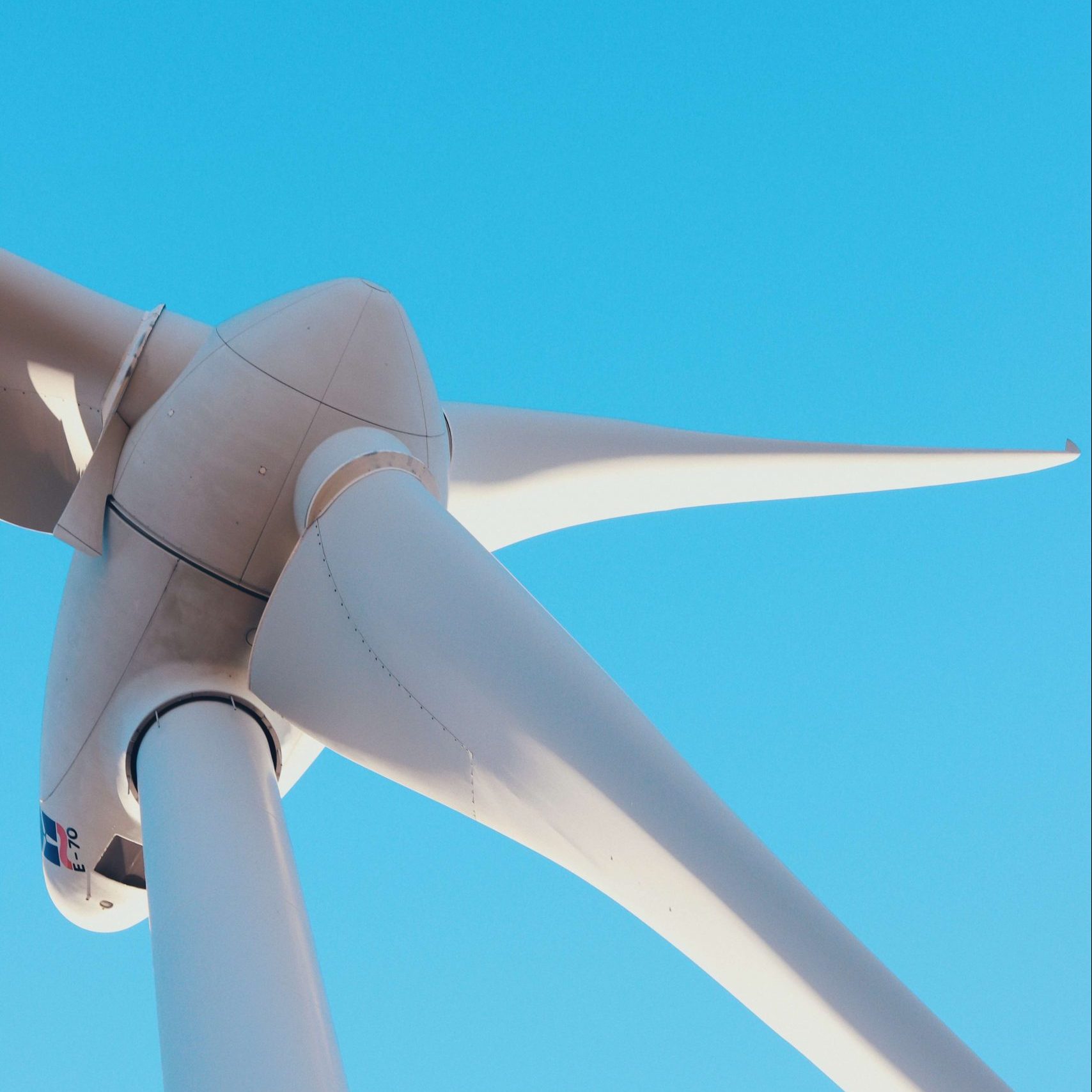It is necessary and urgent to change our energy and production models to guarantee a sustainable future (socially, economically and environmentally) for humanity. The challenge is to reach a Net Zero world by 2050 and for them the experts of the Future Trends Forum have examined the most promising technologies and innovations to solve specific challenges, from the reduction of the carbon footprint to new energy sources, showing the key ideas that will accelerate the path to a NetZero world.
The replacement from fossil fuels will come from renewable energies, led by wind and solar, accompanied by hydroelectric power. In addition, new synthetic fuels are emerging and progress is being made in the alternative of green hydrogen as an energy vector where electricity grids do not reach – mainly in the transport sector. In addition, innovations in nuclear fission appear to increase safety and availability and reduce contaminants and the promising nuclear fusion is consolidated, a practically inexhaustible and clean source of energy.
Download the full report here



